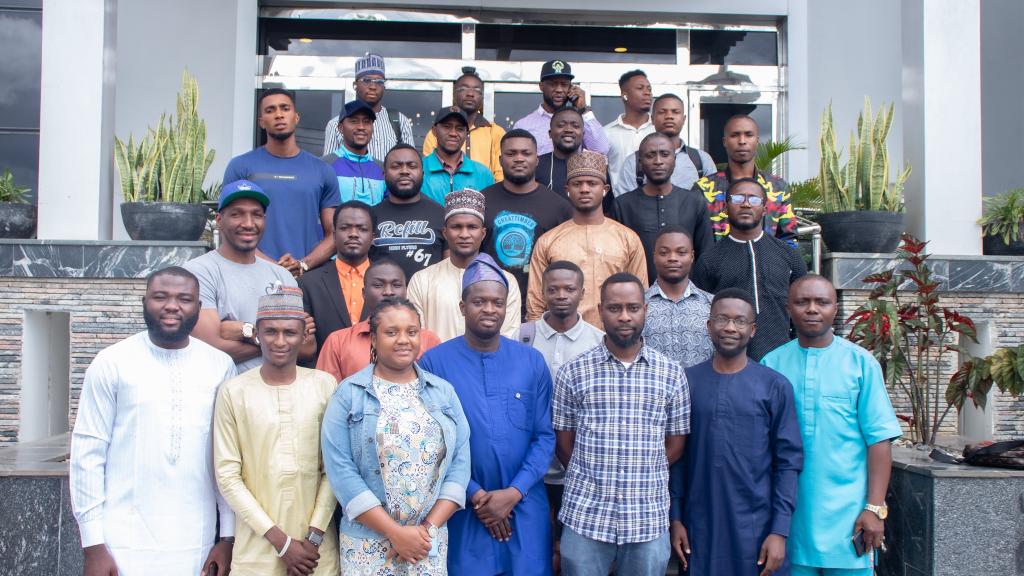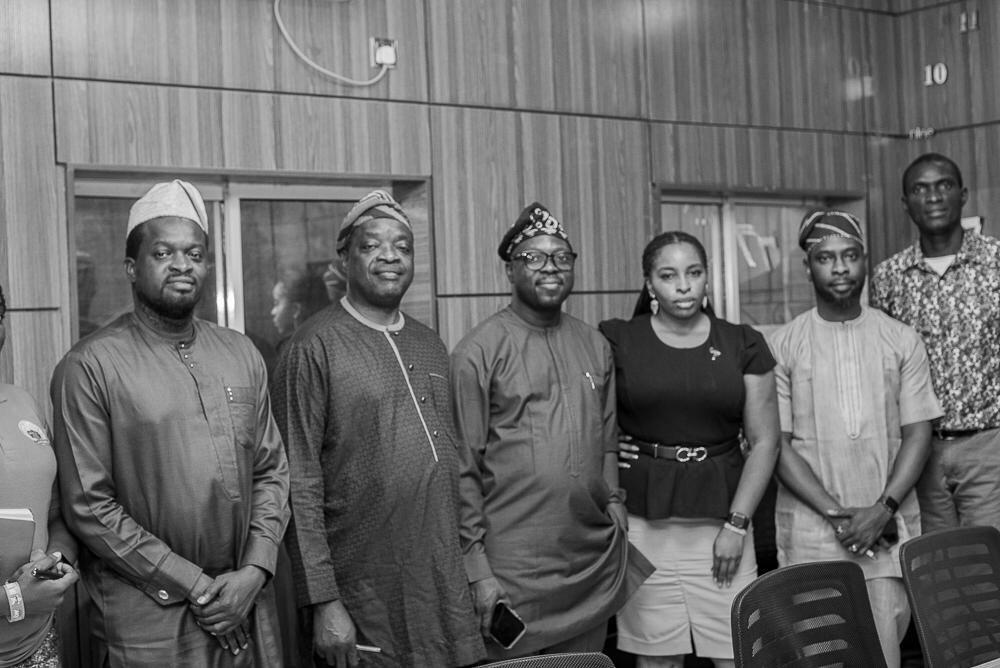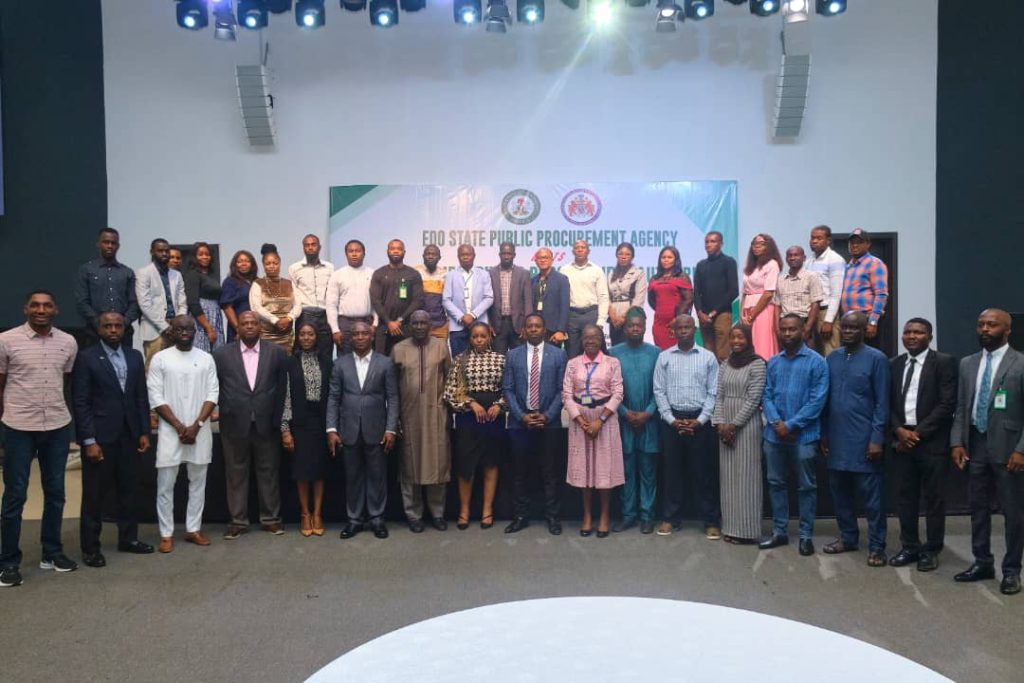Chairman of the Economic and Financial Crimes Commission, Ola Olukoyede, has claimed that Internet fraudsters, popularly known as Yahoo Boys are also responsible for ritual killings, and insecurity challenges facing the country.
Olukoyede, while speaking at EFCC’s corporate headquarters in Abuja on Thursday, commended the commission’s ongoing crackdown on fraudsters despite criticisms from various quarters.
He stated that NIGERIA has lost over $500m in one year due to internet fraud.
Olukoyede warned Nigerians that the activities of Yahoo Boys have also gone beyond online scams, adding that they now engage in kidnapping, ritual killings, and arms trafficking.
READ MORE: Citizens Defending Bad Politicians Are Complaining About Corruption – EFCC Boss
He said: “We are doing the work. Last year alone, we had over 11,000 petitions, investigated close to 9,000, and prosecuted nearly 5,000 cases despite our limited manpower.
“Some people criticise us for going after Yahoo Yahoo boys, but they don’t understand the severity of the crime.
“It is no longer just about scamming people. They are now into kidnapping, banditry, and ritual killings.
“Some of our investigations have uncovered horrifying details, including cases where young female victims were used for rituals.
“If we don’t act decisively, in the next 10 years, we may not have a generation we can confidently hand over this country to.
“You cannot be fighting corruption and be corrupt yourself. I have publicly challenged anyone to come forward with evidence that I have collected bribes in my years of service. Integrity is key in this fight, and we must lead by example.
“The media has always been a key player in the anti-corruption fight. In the early 2000s, before the EFCC was established, it was journalists who exposed many financial crimes.
“We need to return to that era where the media and law enforcement work together to protect the country.”
The post “You Can’t Be Shouting Corruption And Be Corrupt” – EFCC Boss Blames Yahoo Boys Over Ritual Killings, Kidnapping appeared first on Information Nigeria.
Last modified: February 14, 2025










